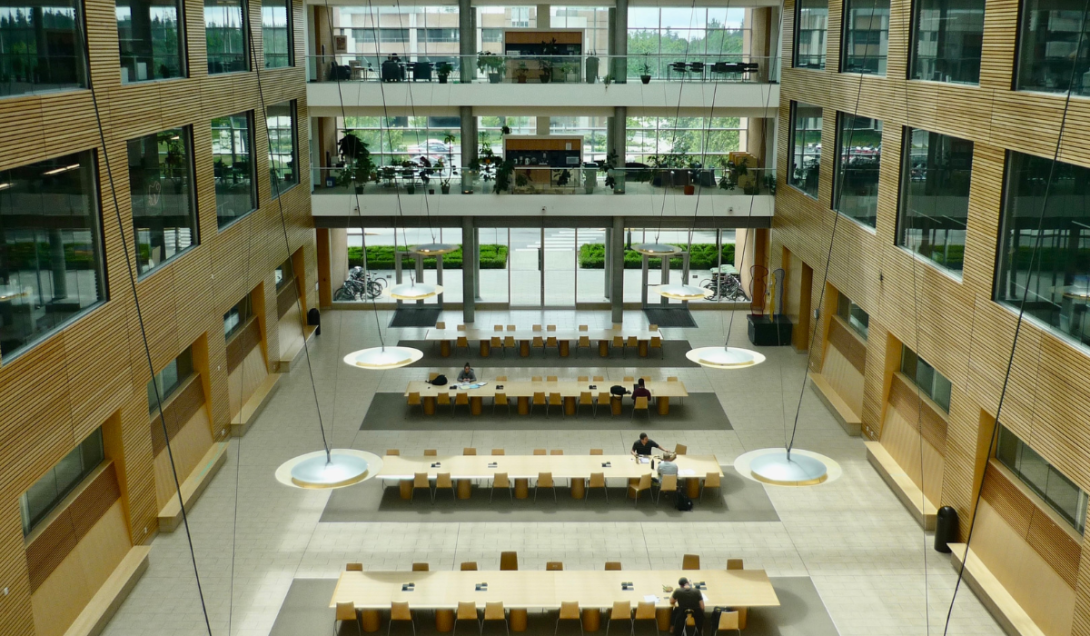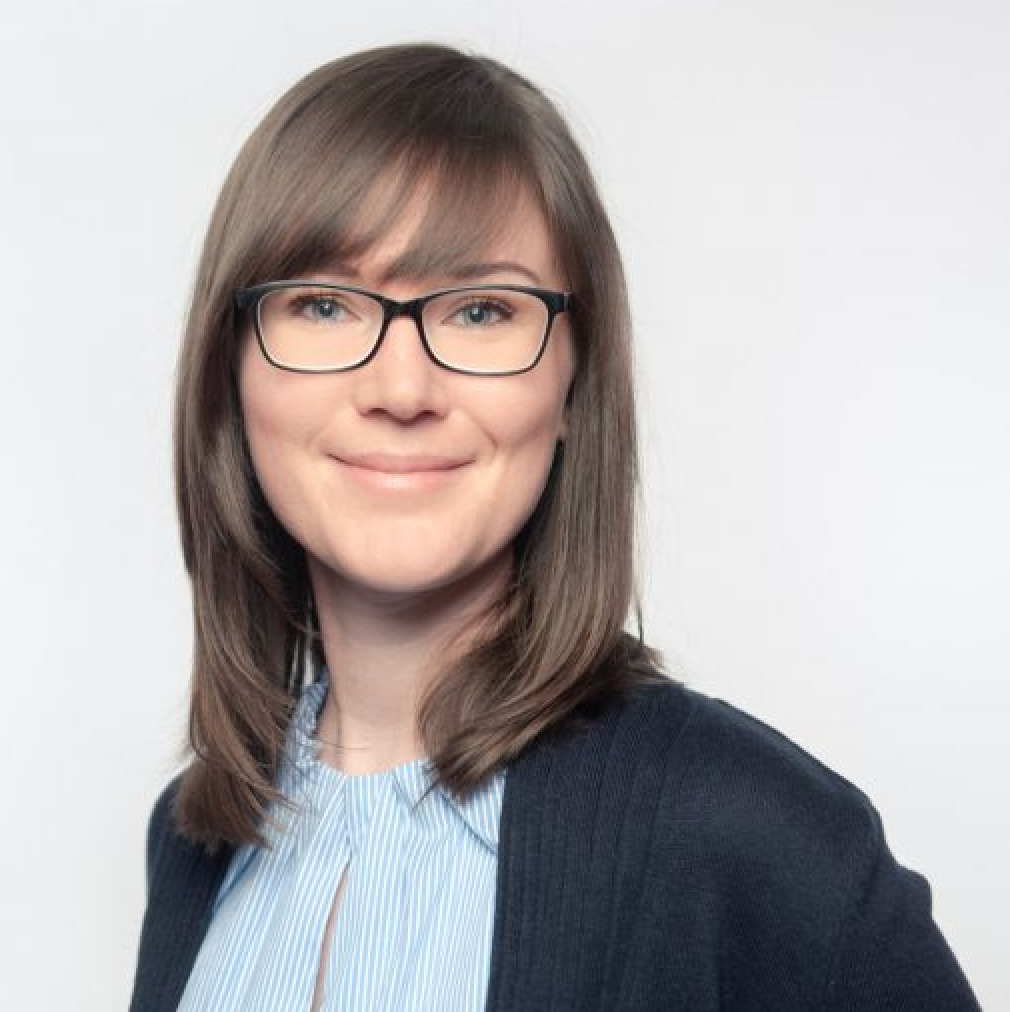
 Dr. Sarah Grasedieck
Dr. Sarah Grasedieck
Martin Hirst Epigenomics Lab
What is your main research focus?
Vitamin C is a cost effective and easily available molecule which is known to positively effect normal blood functions and has shown promise in supporting anti-cancer therapy. The main research questions I am currently pursuing in the Hirst lab are whether a prolonged vitamin C nutritional deficiency promotes the development of leukemia and what determines the cellular response to high dose vitamin C treatment, which ranges from immediate cell death to only slightly impaired cell division in various leukemia subtypes.
What do you love about being a scientist?
What got me on the path of becoming a scientist is that I truly enjoy the freedom to explore, discover and ask questions about how life works and what goes wrong in disease, and being awed, surprised, and humbled by the answers. What kept me on this path is the possibility to constantly expand and share my knowledge and the realization that this can actually make a difference – shaping how young students experience science, impacting policies and society, and improving the quality of life for future cancer patients and their families.
What are some of your favourite things to do outside of being a Postdoc?
I love spending time with my family outside, hiking, kayaking, and exploring nature.
Please share any Awards you have received or Achievements you are proud of:
- Walter Benjamin fellowship awarded by the German Research Foundation (DFG) 2020 – 2023 (project 446251518) https://gepris.dfg.de/gepris/projekt/446251518
- 2020 Research Trainee Award jointly funded by the Michael Smith Foundation for Health Research (MSFHR) and the Lotte & John Hecht Memorial Foundation (project RT-2020-0578). https://www.hecht.org/ https://www.msfhr.org/1/award/vitamin-c-induced-epigenomic-remodeling-pr...
- 2020 MSL Kickstart Catalyst Award to study methionine restriction as a supportive treatment modality for myeloid leukemia with hypermethylation defects

